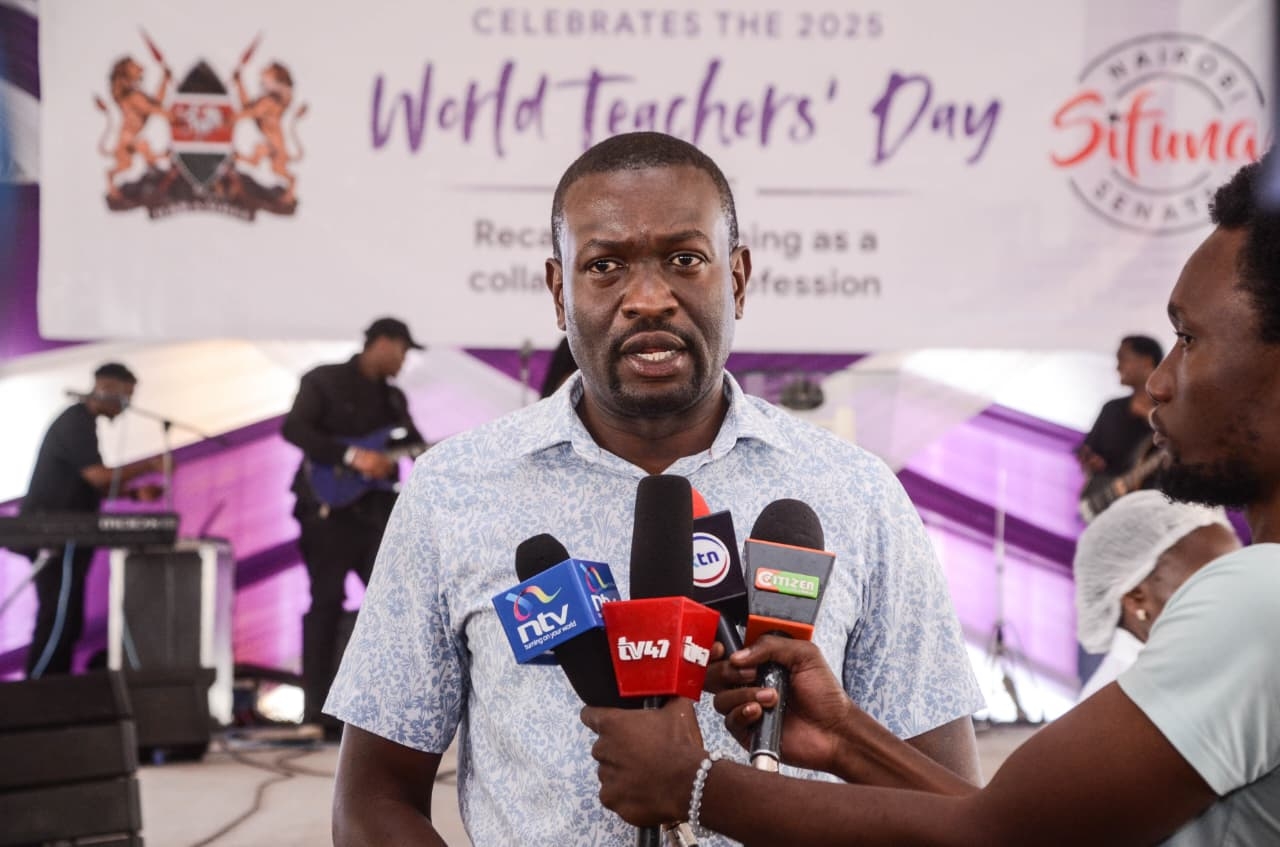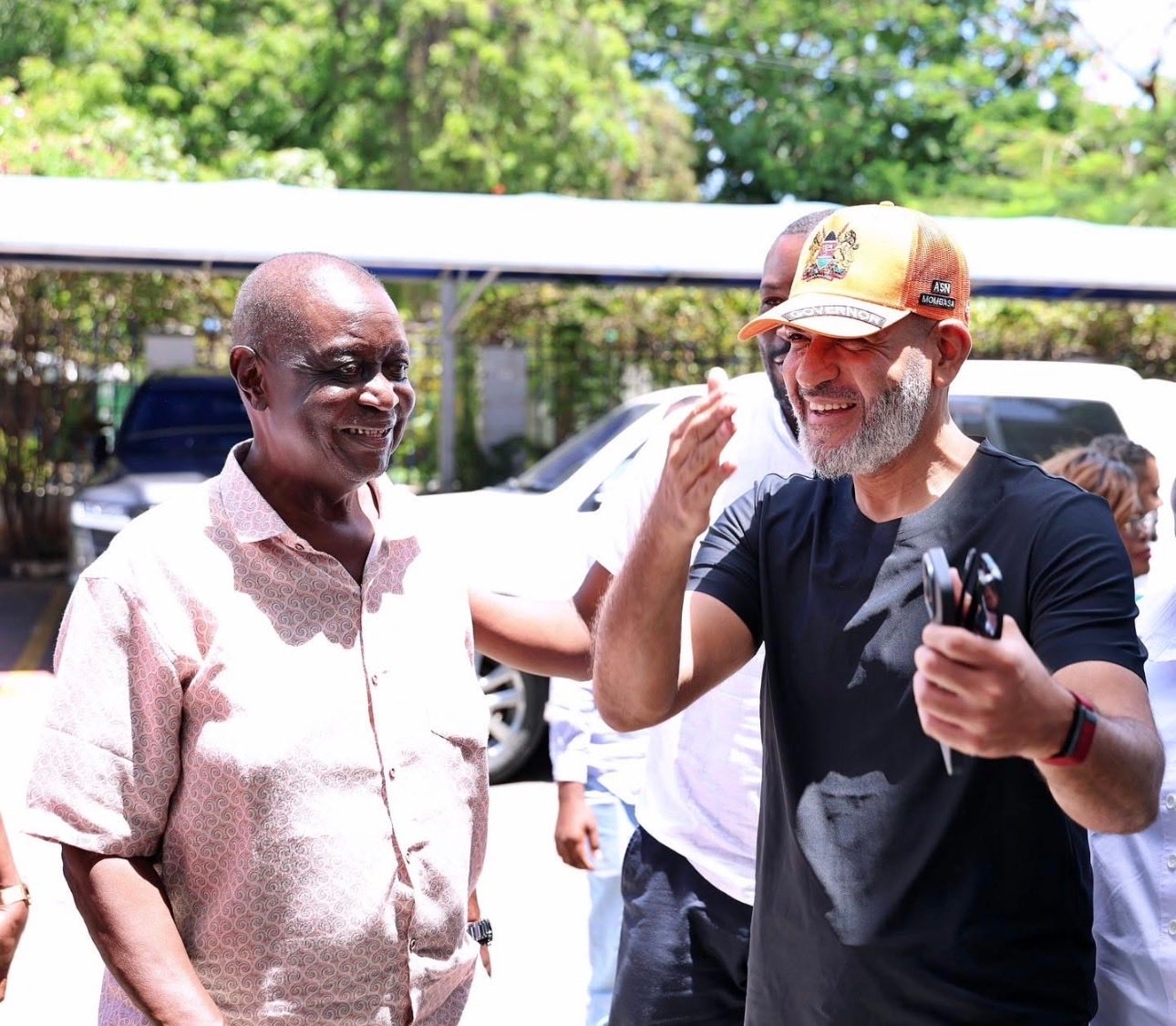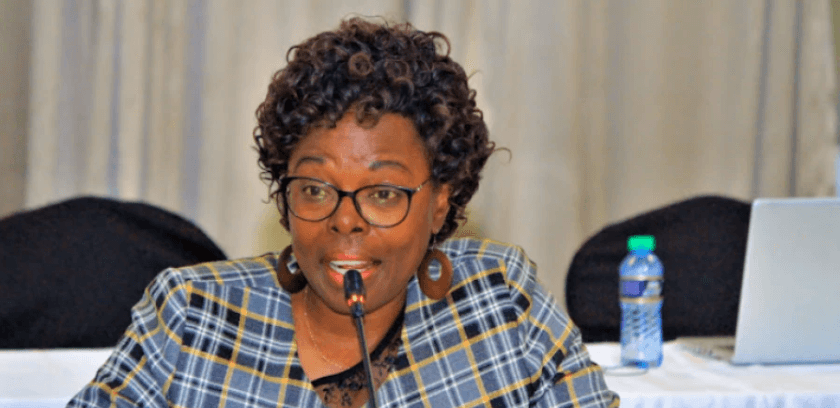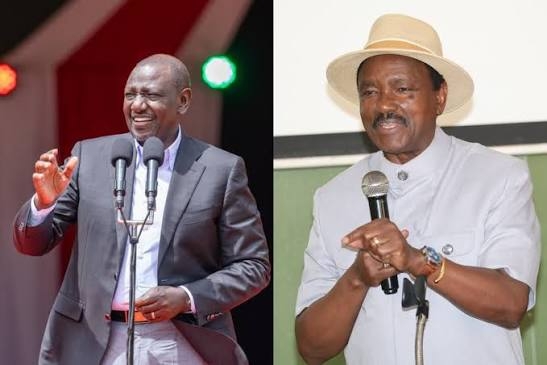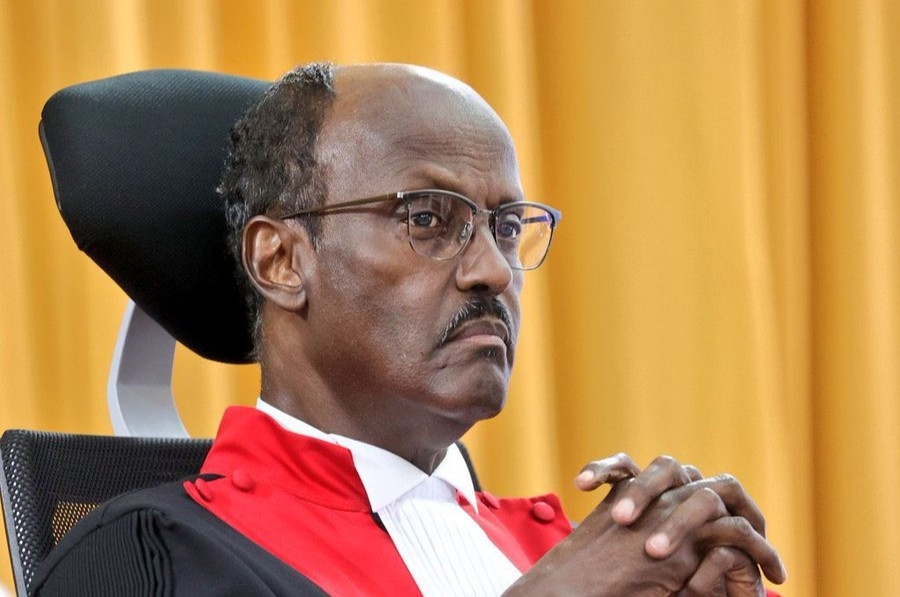
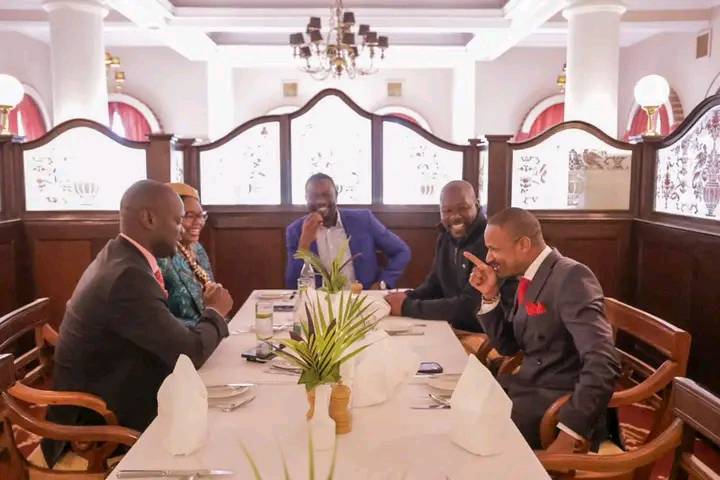
The movement brought together ODM secretary
general Edwin Sifuna, Embakasi East MP Babu Owino, Saboti MP Caleb Amisi,
Kitutu Chache South’s Anthony Kibagendi and Githunguri MP Gathoni wa Muchomba.
Others coalescing around the movement were
Obadia Barongo (MP Borabu Bomachoge), Cleve Gisairo (MP Kitutu Masaba) and
Wilberforce Oundo (Funyula).
Kiharu MP Ndindi Nyoro and his Nyali
counterpart Mohamed Ali were also said to be among those who were to join the
outfit.
It sought to hold the government to account
following the broad-based government.
At its peak, just about two months ago, the
movement captured public imagination with its calls for accountability,
inclusivity and economic reform. Its founders presented it as a bold
alternative to the government and the United Opposition and a voice of reform.
Babu Owino described it as a movement of
like-minded legislators committed to ensuring checks and balances on the Executive.
“ODM was doing that until it joined the
government. But Baba [Raila Odinga] said you are allowed to speak to the excess
of the government, and so we won’t keep quiet and see Kenyans suffer, being
overtaxed because of affordable housing,” Babu said.
But now, Kenya Moja’s public activity has
waned, its meetings are less frequent, its message is less unified and its
founding members are pursuing divergent political paths. The death of Raila has
further disrupted its unity.
As ODM grapples with post-Raila stabilisation
and the 2027 dilemma, Kenya Moja’s leading figures have turned inward, each
recalibrating their strategy in a new and uncertain political reality.
For Senator Sifuna, Raila’s death has thrust
him deeper into the task of defending and strengthening ODM amidst the divide
on the party working with the government in the broad-based arrangement
post-2027.
Sifuna finds himself balancing between
maintaining party cohesion and fending off rivals within the ‘broad-based
government’, diverting his attention from Kenya Moja.
“This is a moment of rebuilding, not
politicking. Sifuna knows the party risks losing its soul if it doesn’t
reorganise and stabilise quickly,” an ODM legislator told the Star.
“So his focus now is and should be ODM not
other amorphous groupings. He is confident he will continue being in the party
and as secretary general.”
There has been talk of attempts to push Sifuna
out of the party over his stance on broad-based.
However, acting party leader Senator Oburu
Odinga, in a recent interview, dismissed the claims, saying Sifuna would remain
in his position as the party adjusts following Raila’s demise.
Meanwhile, Babu Owino had signalled a potential
exit from ODM over Raila’s endorsement of Nairobi Governor Johson Sakaja and
likely denial of the party ticket to challenge the incumbent for the top seat.
However, he is now returning to the fold.
On Thursday, he met with Oburu as part of the
acting party leader’s efforts to re-engage the disillusioned young leader and
restore party cohesion.
“This morning, I held an official meeting with
Babu Owino. Our discussion centred on strengthening unity and inclusivity
within ODM,” Oburu said.
“Hon Babu Owino symbolises the vibrant energy
and determination of our youth. He has a promising future and we are together.”
There is also the recent fight between Babu
Owino and Amisi, which is likely to create hostility in the camp.
The war of words was triggered on Friday after
the Saboti MP implied in an interview that Babu Owino was taking credit for
roads developed by the Kenya Urban Roads Authority.
"That is not Babu's work. It is the work
of Kura that covers the whole of Nairobi," Amisi said.
“What Babu does is just come and take the photo
and post, but other [roads] are being done and the MPs are not taking the
photos.”
In response, Babu said, "I thought that
Caleb Amisi was my friend, but anyway, it is another bitter soul detected.”
Amisi has, however, continued criticising the
government as well as ODM leadership, particularly chairperson Governor Gladys
Wanga.
He told the Star that the movement is still onn and nothing has changed.
Kibagendi, another founding member, is aligning
himself more closely with former Interior CS Fred Matiang’i in Gusii politics.
His shift reflects the broader fragmentation of
Kenya Moja’s original reformist core as members pursue regional alliances ahead
of the next election cycle.
Wa Muchomba, having de-linked herself from the
United Opposition, particularly the former Deputy President Rigathi Gachagua,
remains focused on the movement as realignments in Mt Kenya region keep
unfolding.
“The Kenya Moja movement is made up of MPs who
have been consistent in flagging and condemning Ruto's flaws,” she said.
“Those branding others now already betrayed
Kenyans and overwhelmingly supported the bad policies that are affecting
today’s tea farmers, students and payslip earners.”
On the one hand, Ali has aligned with Gachagua,
effectively eliminating the possibility of joining the movement.
Kenya Moja thus risks remaining a footnote in
Kenya’s long list of short-lived reform movements, such as Okoa Kenya, Linda
Katiba Movement and Punguza Mzigo.
Analysts say the chances of it being revived
will depend largely on whether leaders such as Sifuna and Babu Owino can
reconcile idealism with political reality.


